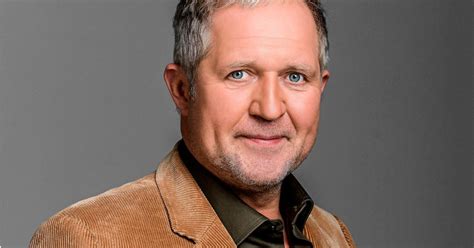A Quote by Robert Morgan
Fiction is about intimacy with characters, events, places.
Related Quotes
When writers are self-conscious about themselves as writers they often keep a great distance from their characters, sounding as if they were writing encyclopedia entries instead of stories. Their hesitancy about physical and psychological intimacy can be a barrier to vital fiction. Conversely, a narration that makes readers hear the characters' heavy breathing and smell their emotional anguish diminishes distance. Readers feel so close to the characters that, for those magical moments, they become those characters.
In a way, I see my fiction as having moved in that direction - and the characters as dealing simultaneously with their personal history and with the present in which they are trying to make their way. So that the books are simultaneously about public and interior events. And I am having a great time getting confused and crazed writing about them.
The first act of insight is throw away the labels. In fiction, while we do not necessarily write about ourselves, we write out of ourselves, using ourselves; what we learn from, what we are sensitive to, what we feel strongly about--these become our characters and go to make our plots. Characters in fiction are conceived from within, and they have, accordingly, their own interior life; they are individuals every time.





































